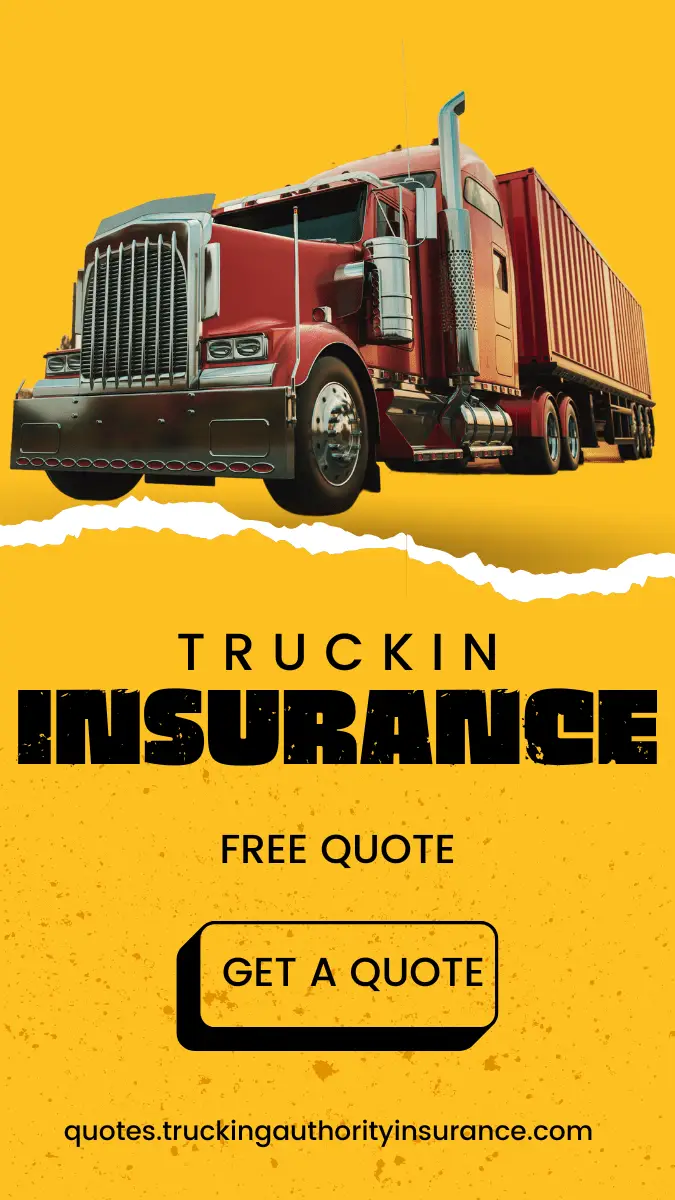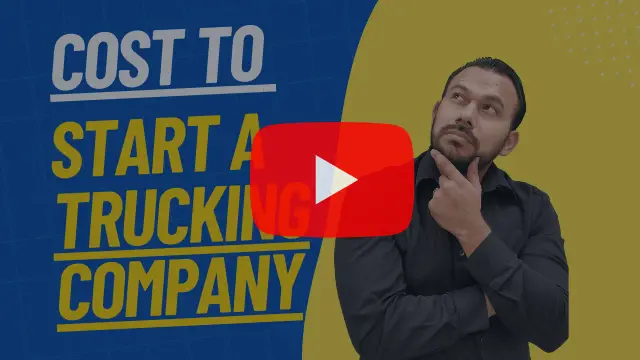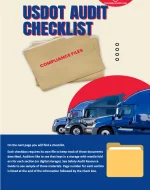Starting a trucking company in California involves more than purchasing a truck and hitting the road. Establishing the proper legal foundation is key to protecting your assets and operating compliantly. Forming a Limited Liability Company (LLC) is one of the best ways to achieve this.
With over a decade of experience assisting trucking businesses, we’ve guided countless entrepreneurs through the process of forming LLCs and staying compliant with state and federal regulations. This guide explains how to form an LLC for a trucking company in California, the benefits of doing so, and the steps to stay compliant with the FMCSA after formation.
Why Form an LLC for Your Trucking Company in California?
An LLC is an excellent choice for trucking companies because it offers:
- Limited Liability Protection: Protects your personal assets from business liabilities.
- Tax Flexibility: Allows you to choose a tax structure that suits your business needs.
- Ease of Management: Fewer formalities and paperwork compared to corporations.
- Credibility: Establishes your trucking business as a professional and trustworthy entity.
Steps To Start An LLC For Your Trucking Company In California
- Choose a Name for Your LLC
Your LLC name must:
- Be unique and distinguishable from other businesses registered in California.
- Include “LLC” or “Limited Liability Company.”
To clarify, the name should represent your brand while adhering to state guidelines.
- File Articles of Organization
Submit the Articles of Organization (Form LLC-1) to the California Secretary of State.
After filing, you will receive confirmation that your LLC is officially recognized.
- Appoint a Registered Agent
California requires LLCs to designate a registered agent to receive legal notices and official correspondence. Moreover, this ensures you meet state compliance requirements.
- Obtain an EIN (Employer Identification Number)
An EIN, issued by the IRS, is required for:
- Filing taxes.
- Opening a business bank account.
- Hiring employees.
Consequently, obtaining an EIN is a crucial step for establishing your business operations.
- Create an Operating Agreement
California law mandates LLCs to have an Operating Agreement. This document outlines ownership, roles, and operational procedures.
In other words, the Operating Agreement acts as a roadmap for your LLC’s management structure.
- File a Statement of Information
California LLCs must file a Statement of Information (Form LLC-12) with the Secretary of State within 90 days of formation and every two years thereafter.
By doing this, you ensure your LLC remains in good standing with the state.
Need Help Obtaining Your Permits?
Get Your Trucking Authority Today!
We Can Help Setup Your Business and Authority.
Speak With Our Experienced Permit Professionals That Can Help You Every Step Of The Way.
Call Us Today! Live Agents Are Standing By.
Type of Business Structures In California
Understanding Business Structures
If you’re considering other business structures, the IRS offers information on these options:
- Sole Proprietorships: Simple to establish but no liability protection.
- Partnerships: Shared ownership with tax advantages.
- Corporations: Provides strong liability protection but requires more formalities.
- S Corporations: Combines tax benefits with corporation advantages.
- Limited Liability Company (LLC): Combines liability protection with tax flexibility.
For more details, visit the IRS’s Starting a Business page.
Operating as a Sole Proprietor with a Fictitious Name in California
If you choose to operate as a sole proprietor, you may need to register a fictitious business name (DBA) if your business name differs from your legal name.
What is a Fictitious Name?
A fictitious name allows sole proprietors to operate a business under a name other than their legal name. For example, “Golden State Freight Services” would require registration if operated by John Doe as a sole proprietor.
Where to File a Fictitious Name in California?
Fictitious names must be registered with the county clerk’s office where your business operates. Below are resources for major California counties:
- Los Angeles County: Registrar-Recorder/County Clerk
- Orange County: Clerk-Recorder
- San Diego County: Clerk-Recorder
- Santa Clara County: Clerk-Recorder
In addition, be sure to check with your local office for specific filing requirements.
Compliance After Forming an LLC in California
Once your LLC is established, you’ll need to comply with federal and state regulations to operate legally as a trucking company.
- Register with the FMCSA
After forming your LLC, you must register with the Federal Motor Carrier Safety Administration (FMCSA) to obtain your USDOT and MC Numbers. These numbers are essential for interstate operations and for-hire trucking.
- Start your FMCSA registration here: FMCSA Registration.
- Obtain Necessary Permits
Your trucking business will also require:
- Unified Carrier Registration (UCR).
- Apportioned Plates under the IRP.
- IFTA Registration for fuel tax compliance.
For a complete list of compliance services, visit: Trucking Authority Packages
Additional Services for Your Trucking Business
We offer a range of services to support your trucking business after forming an LLC:
- Authority Services
- MC Number Application
- BOC-3 Filing
- Unified Carrier Registration (UCR)
- Tax and Licensing Services
- Form 2290 Filing for Heavy Vehicle Use Tax.
- IFTA Registration and quarterly fuel tax filings.
- State-Specific Permits
- California Intrastate Authority: For carriers operating solely within California.
- Other State-Specific Permits for interstate operations.
Frequently Asked Questions About Starting an LLC for a Trucking Company in California
- Why should I form an LLC for my trucking business?
An LLC provides liability protection, tax flexibility, and a professional business structure.
- How much does it cost to form an LLC in California?
The filing fee for forming an LLC in California is $70, plus $20 for the Statement of Information.
- Do I need an EIN for my LLC?
An EIN is essential for taxes, banking, and hiring employees.
- Can I form an LLC on my own?
Professional services can simplify the process and ensure compliance.
- Do I need an Operating Agreement for my LLC?
California requires LLCs to have an Operating Agreement to outline management structure.
- Does forming an LLC protect my personal assets?
Partially. While an LLC offers liability protection, obtaining business insurance provides complete security.
- Can I operate without registering with the FMCSA?
No, FMCSA registration is mandatory for interstate trucking operations.
- What happens if I don’t file a Statement of Information?
Failure to file can result in penalties and the suspension of your LLC.
- What is a fictitious name, and do I need one?
A fictitious name, or DBA, is required if your business name differs from your legal name.
- Can I change my LLC structure later?
Yes, you can transition to another structure, such as a corporation, if your business grows.
Maintenance Required After You Get an LLC In California.
After forming your LLC, it’s crucial to perform regular maintenance tasks to ensure compliance with state and federal regulations and to keep your business running smoothly. Here’s what you need to know about maintaining your LLC on a monthly, quarterly, and annual basis.
Monthly Maintenance Tasks
- Separate Business Finances
- Use a Business Bank Account: Keep personal and business finances separate by maintaining a dedicated business account.
- Track Income and Expenses: Use accounting software to monitor cash flow, categorize expenses, and generate financial reports.
- Record Keeping
- Maintain Business Records: Document all transactions, including receipts, invoices, and contracts.
- Organize Digital and Physical Files: Store financial and legal documents securely to ensure easy access during audits or reviews.
- Update Licenses and Permits
- Monitor Expiration Dates: Ensure all permits, licenses, and registrations remain valid for your trucking operations.
- Renew As Needed: Submit renewal applications promptly to avoid disruptions.
Quarterly Maintenance Tasks
- File Estimated Taxes
- Pay Federal and State Taxes: Submit quarterly tax payments to the IRS and your state’s tax agency to avoid penalties.
- Review Tax Deductions: Keep track of business-related expenses, such as fuel, repairs, and equipment, to maximize deductions.
- Update Ownership and Membership Records
- Review Changes in Ownership: If any ownership changes occur, update your LLC’s records and notify the state if required.
- Amend the Operating Agreement: Adjust the agreement to reflect any significant business changes.
- Verify Compliance with FMCSA
- Check USDOT and MC Numbers: Ensure your federal registrations remain active and compliant.
- Renew Drug and Alcohol Consortium Enrollment: Stay updated with testing requirements for CDL drivers.
Annual Maintenance Tasks
- File an Annual Report
- State Requirement: Most states, including California, require LLCs to file an annual report.
- Update Business Information: Verify and update details like your registered agent, business address, and ownership.
- Pay Franchise Taxes
- California Franchise Tax: Submit the annual $800 minimum franchise tax to the California Franchise Tax Board.
- Review Operating Agreement
- Ensure Relevance: Reassess your Operating Agreement to ensure it aligns with your current business operations and goals.
- Renew Business Licenses
- State and Local Licenses: Confirm that your trucking permits, including IFTA and apportioned plates, are current.
- Conduct a Legal and Financial Review
- Consult Professionals: Work with an attorney or accountant to evaluate your compliance and financial health.
- Review Beneficial Ownership Reporting: Update ownership details if required by the state.
Best Practices for LLC Maintenance
- Stay Organized
- Create a Maintenance Calendar: Use a calendar or software to track deadlines for reports, taxes, and renewals.
- Communicate with Your Registered Agent
- Keep Contact Information Updated: Ensure your registered agent’s details are accurate to receive important legal notices.
- Conduct Regular Business Reviews
- Evaluate Performance: Periodically review your business strategy and operations to identify areas for improvement.
- Stay Informed About State Requirements
- Monitor Changes: Regulations may vary or change over time. Regularly check your state’s requirements to ensure compliance.
- Seek Professional Guidance
- Legal and Accounting Help: Work with a lawyer or accountant for complex issues, such as tax planning or business restructuring.
By adhering to these maintenance tasks, you’ll keep your LLC compliant and well-positioned for long-term success. While these steps may seem routine, they are crucial to preserving the legal and financial health of your trucking business. Remember, maintaining your LLC is not just about compliance—it’s about setting your business up for sustainable growth.
Start Your Trucking Business in California Today
Forming an LLC for your trucking company in California is an essential step toward compliance and success. Whether you’re forming an LLC or operating as a sole proprietor, we provide the guidance and support you need to succeed.
Key Resources to Get Started:
- California Secretary of State – LLC Registration
- FMCSA Registration
- County Clerk Resources for Fictitious Names:
- Los Angeles County Clerk
- Orange County Clerk
- San Diego County Clerk
- Santa Clara County Clerk
Take the first step toward compliance and success today!







